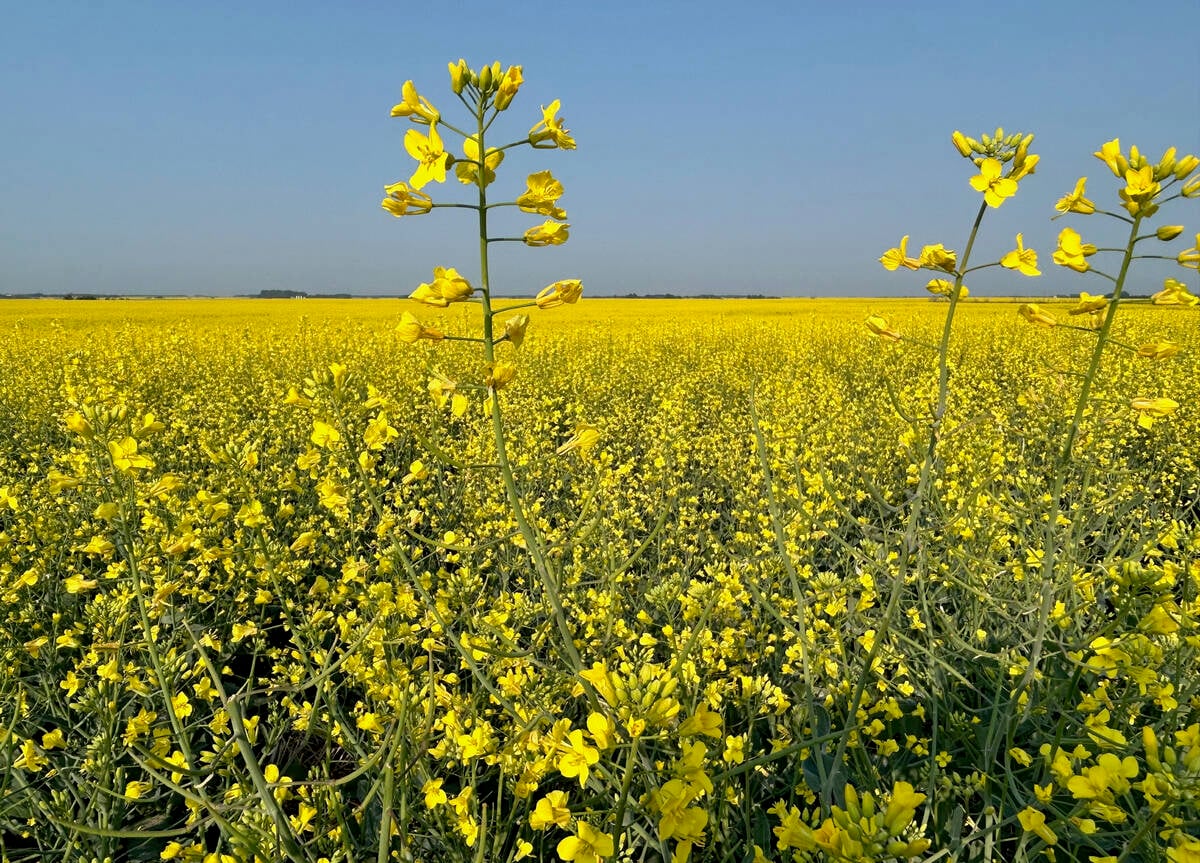The Canadian Wheat Board is working on a model for converting into an open-market grain company, but for this “new entity” to survive the federal government must make major concessions, including assuming CWB employees’ pension liability, says chair Allen Oberg.
“It’s our view that it’s the government’s responsibility to pick up that tab and it will be in the hundreds of millions of dollars,” said Oberg.
“There’s no way that farmers should be responsible for that.”
Read Also

UCalgary breakthrough may stop canola shatter and boost yields
Research from the University of Calgary on shatter-tolerant canola could save Canadian farmers time and money.
The issue has been raised with Agriculture Minister Gerry Ritz’s staff, so the minister himself should be aware of it, Oberg said.
“Those things need to be dealt with whether the organization is just wound down completely or if it’s transitioned into something else because all those costs will come to bear,” Oberg said.
“If those costs were transferred to the new organization that would be a recipe for disaster. It will have enough disadvantages as it is.”
One of those disadvantages is not owning any country or port grain-handling facilities and no capital to purchase any. Therefore the federal government must provide it with working capital or give it regulated access to Canada’s grain pipeline, said Oberg.
Grain companies say a revamped CWB could be a new competitor, and shouldn’t get special treatment. But the Grain Growers of Canada, an open-market advocate, says the board needs government help to get established if an open market is created. Ritz has said he’s willing to provide limited support.
Oberg said a CWB planning session this month will flesh out an open-market model.
“It will just be advice,” he said. “This is a change that (the government) has initiated. They’re the ones who have been promising a strong and viable new organization. Clearly that responsibility rests with them.
“We’d be quite willing to offer our advice and suggestions as to what a new organization would need.”
Who owns it?
He said that under the right conditions, a revamped CWB could succeed as a grain company or broker in an open market, but it isn’t clear whether such an organization will return any more value to farmers than any other private company.
It’s also unclear who would own the CWB. There’s talk of turning it into a farmer-owned co-operative, but nobody knows how many farmers want that or the financial risk that will come with it.
Meanwhile, the Hudson Bay Route Association says the federal government should allow farmers to vote on the CWB’s marketing mandate. The association promotes grain exports through the Prairies’ only ocean port at Churchill.
“We are concerned that any reduction in the volume of shipments, including grain, through the Port of Churchill, will have a detrimental effect on the port and all of Canada,” association president Sinclair Harrison said in a news release.
The Canadian Wheat Board Alliance also issued a press release in support of a plebiscite, while the Western Canadian Wheat Growers Association (WCWGA) responded with one condemning the move.
———
“They’retheoneswhohavebeenpromisingastrongandviableneworganization.Clearlythatresponsibilityrestswiththem.”
ALLEN OBERG













